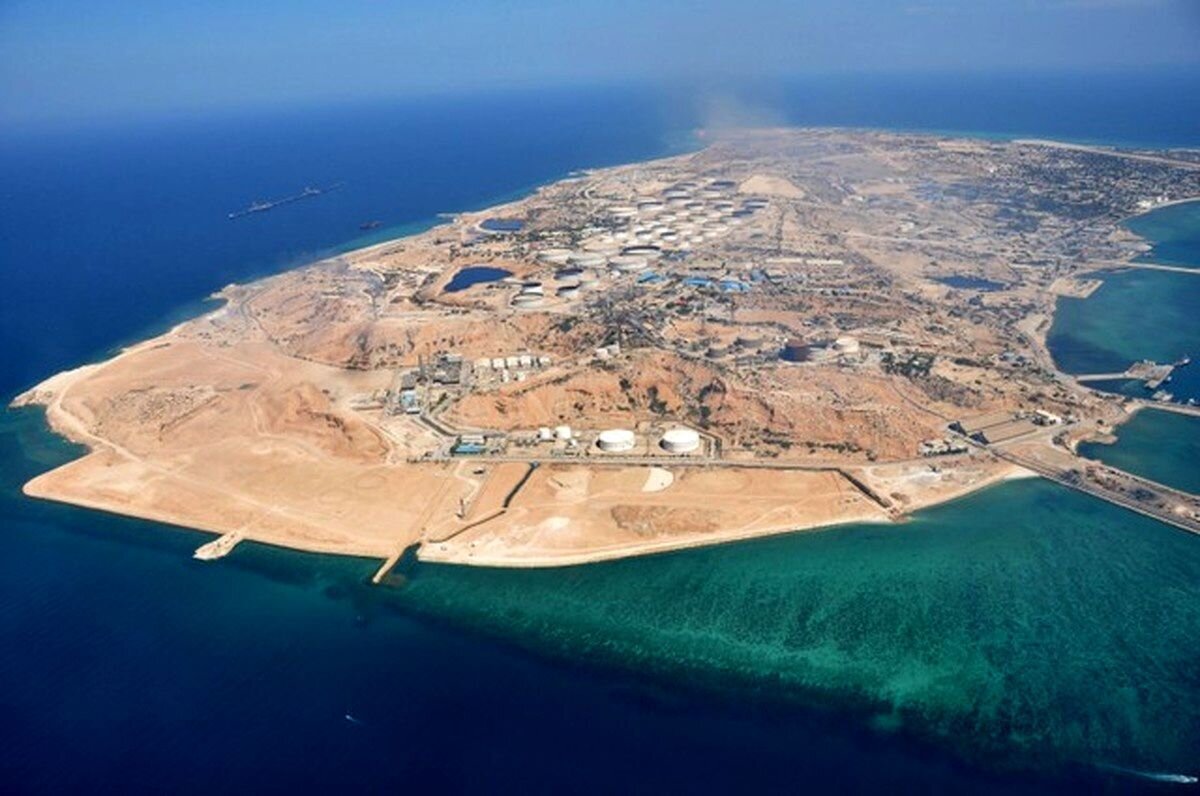Tehran condemns Arab League’s 'politically motivated' challenge to Iranian sovereignty

TEHRAN — Iranian Foreign Ministry Spokesperson Esmail Baqaei categorically rejected the Arab League’s “unfounded and unacceptable” claims to the Iranian islands of Bu Musa, Greater Tunb, and Lesser Tunb, reaffirming Iran’s “inalienable sovereignty” over the trio of territories.
The remarks came Monday in response to the final communiqué of the 34th Arab League Summit in Baghdad, which absurdly supported the United Arab Emirates' disputed claims to the islands.
“The Islamic Republic of Iran considers any claim to these islands contrary to the fundamental principles of the United Nations Charter and international law, including respect for territorial integrity and national sovereignty,” Baqaei wrote in a statement.
He condemned the Arab League’s inclusion of the matter in its summit statement as “politically motivated” and urged the bloc to “acknowledge unchangeable historical and geographical realities” instead of promoting “baseless narratives.”
Baqaei further advised the Arab League to prioritize “strengthening regional understanding and cooperation” rather than echoing the UAE’s “decades-long campaign of distortion.”
The Iranian spokesman stressed that Iran’s ownership of the islands is rooted in “centuries of historical, legal, and geographical evidence,” dismissing the UAE’s claims as a “revisionist effort” fueled by external actors.
Iran’s historical and legal sovereignty over the islands
The three islands—Bu Musa, Greater Tunb, and Lesser Tunb—are located in the strategically significant Strait of Hormuz and have been under Iranian administration since November 30, 1971.
Following the withdrawal of British colonial forces, Iranian troops swiftly reasserted control over the territories.
Deeply intertwined with Iran’s civilizational identity, historical records—from ancient maps to treaties—consistently depict the islands as integral parts of Iranian territory, with governance tracing back to the Achaemenid, Parthian, and Sasanian empires.
During the colonial era, Britain occupied the islands in 1921, administering them under a protectorate system managed through local Arab sheikhdoms.
Throughout this period, Iran remained firm in its position, repeatedly lodging diplomatic protests and reaffirming sovereignty through symbolic acts such as flag-raising ceremonies and official visits.
On November 30, 1971, Iran finalized the restoration of control by signing a bilateral Memorandum of Understanding (MoU) with Sharjah for Bu Musa while reintegrating the uninhabited Tunbs without dispute.
After its federation in 1971, the UAE advanced claims based on Britain’s colonial-era arrangements—a rationale Iran dismisses as legally void.
Beyond its historical and legal dimensions, the islands are pivotal to Iran’s defense strategy, offering critical oversight of the Strait of Hormuz—a global energy chokepoint through which nearly 20% of the world’s oil passes.
Leave a Comment